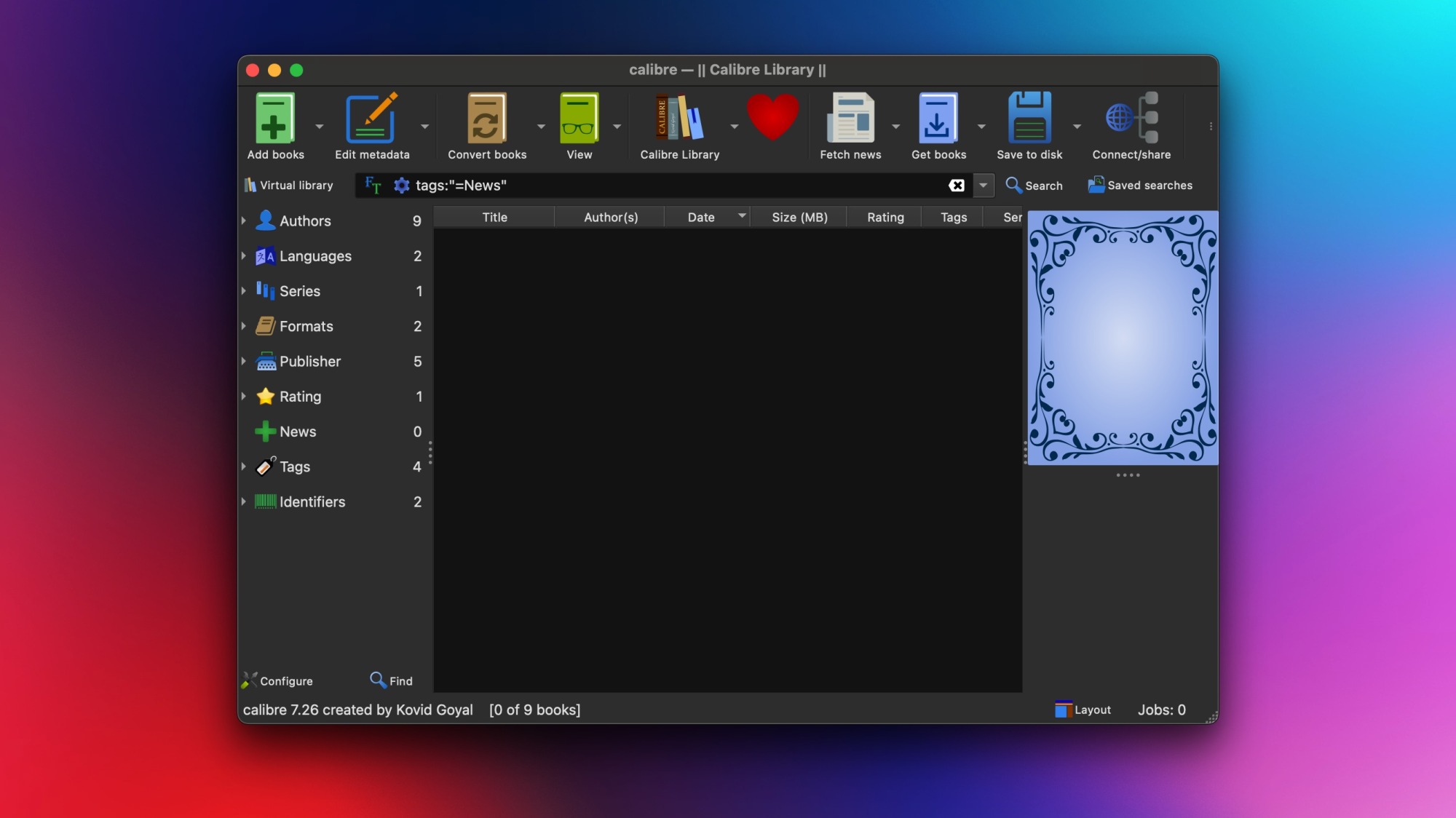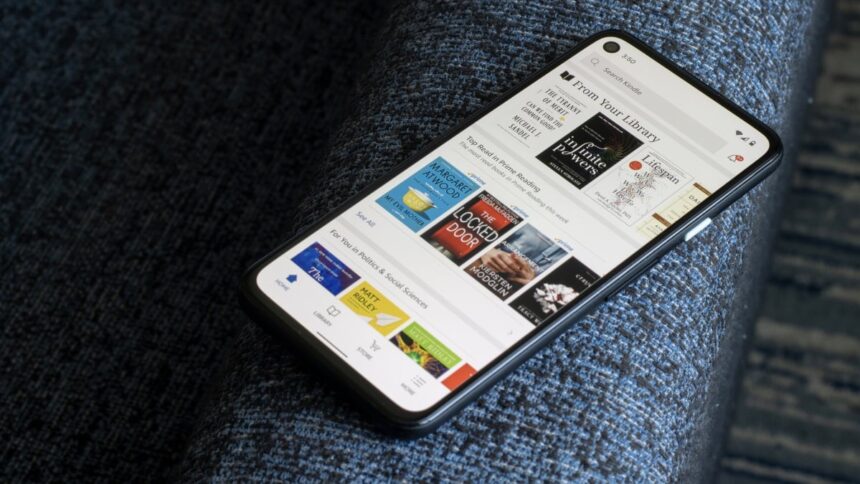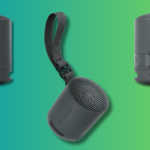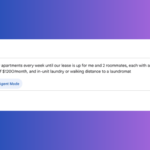The Challenge of Preserving Digital Media: A Look at Kindle and Audible
Last month, Amazon halted the ability to download copies of Kindle books, prompting a search for ways to safeguard the e-books and audiobooks consumers have purchased. The presence of Digital Rights Management (DRM) complicates matters, as it is intended to curb piracy but significantly affects ownership rights over digital content, especially e-books.
Removing DRM would liberate users from Amazon’s constraints, allowing e-books to be read on any compatible device or application. This would also mean that Amazon would lose track of individual reading habits, granting users the liberty to maintain offline backups of their electronic content.
This notion of circumventing DRM resonates with many users. For example, there’s a desire to buy audiobooks through Audible and utilize superior applications like Bound or Prologue for playback. These alternatives excel in audiobook management compared to Audible’s offerings and can help escape Amazon’s monitoring of listening behaviors. Unfortunately, such options remain unavailable.
Understanding Amazon’s Terms of Service
Upon purchasing an e-book from Amazon, customers acquire a license rather than ownership, as outlined in the company’s terms of service. This grants Amazon significant authority over how customers can utilize their purchased e-books. The terms explicitly prohibit bypassing DRM and accessing the content on devices or applications not officially supported by Kindle.
This issue extends beyond just Amazon. As stated by Janet Vertesi, a sociology academic at Princeton University, buying digital books through major tech companies doesn’t confer true ownership. “Access and reading are controlled by the service provider, much like the distinction between curated Spotify playlists and a personal music collection. While you pay for the e-book, the delivery system remains firmly under Amazon’s control, stripping away consumer choice.”
Audible, similarly, treats a transaction as a license acquisition and recommends immediate downloading of audiobooks as there are no assurances for future availability. Compounding this issue, Amazon prohibits users from circumventing the DRM applied to audiobook files.
Vertesi articulates a broader concern, observing that reliance on these closed systems diminishes consumer choices, enabling companies to suppress alternatives and stifle market competition. She runs Opt Out Project, a platform aimed at helping individuals find diverse options beyond major tech marketplaces.
Legal Implications of Bypassing DRM
In the United States, bypassing DRM is illegal under the DMCA (Digital Millennium Copyright Act), although it may not be in every country. The DMCA complicates the process of creating legal backups for digital materials. Cory Doctorow, an author and staunch opponent of DRM, elaborated on these complexities in correspondence.
In his message, he clarified that while transferring a book from one owned device to another is not copyright infringement (referred to as “format shifting”), the DMCA introduced protections for DRM itself in 1998. Under Section 1201, it is a felony to provide any tool that circumvents access controls for copyrighted materials, irrespective of the copyright status.
For instance, if an author permits someone to shift their work to another device, DRM still restricts that action. Even if the creator allows it, Amazon can enforce barriers simply because they manage the distribution. Providing tools to remove DRM, such as certain versions of Calibre, could lead to felony charges.
Kindle e-books are often formatted as AZW files, while Audible audiobooks are downloaded in the proprietary AAX format. If users download these via a DRM bypass, it could infringe on the law, illustrating the DMCA’s potential to criminalize what would otherwise be a legal transfer.
Tools for Bypassing DRM

Credit: Pranay Parab
Calibre serves as an essential tool for extracting e-books from digital silos. It allows conversion of purchased titles into various formats, enabling reading on different platforms. For audiobooks, Libation offers a free solution to back up audiobook libraries.
Robert McRackan, the developer of Libation, mentioned that the app was developed as a community resource, directly opposing Audible’s terms of service. Continued support for such tools depends on the developers’ commitment and the level of enforcement from Amazon. A shift in their approach could jeopardize these applications.
The specific details regarding the installation and usage of these apps cannot be endorsed here, but they are currently functional as of this writing.
Exploring Alternatives to Amazon for Digital Books
For those seeking genuine ownership of digital content, exploring options beyond Amazon is a viable path. Numerous alternatives to Kindle and Audible exist, with some offering DRM-free options. Insights from Vertesi and Doctorow highlighted platforms like Bookshop.org (offering DRM-free e-books), Tor Books (entirely DRM-free), and Libro.fm (for DRM-free audiobooks).
While Libro.fm boasts a robust catalog rivaling that of Audible, the landscape outside Amazon isn’t always ideal. Doctorow notes that even reputable e-book retailers like Bookshop.org face pressures from publishers to impose DRM on many titles. Similarly, Audible incentivizes authors to reserve exclusive deals that potentially limit marketability and royalty structures.
If a desired title falls into such a category, users have limited options: they can purchase from Audible or seek out DRM-free books and utilize text-to-speech software to create makeshift audiobooks. Although this alternative lacks the charm of professional narrators, it serves as a workaround for accessing books. Should a title be exclusively offered on Amazon, local libraries can often be a resource for access. Of course, there’s always the timeless option of purchasing a physical copy, which remains entirely free of DRM constraints.
However, without amendments to the DMCA, genuine and lasting reform in this domain appears unlikely. As Doctorow emphasized, “To effect real change, we must eliminate DMCA Section 1201 that criminalizes media format shifting… It governs tools and repairs in various sectors, creating significant barriers, thus it poses a serious problem!”












